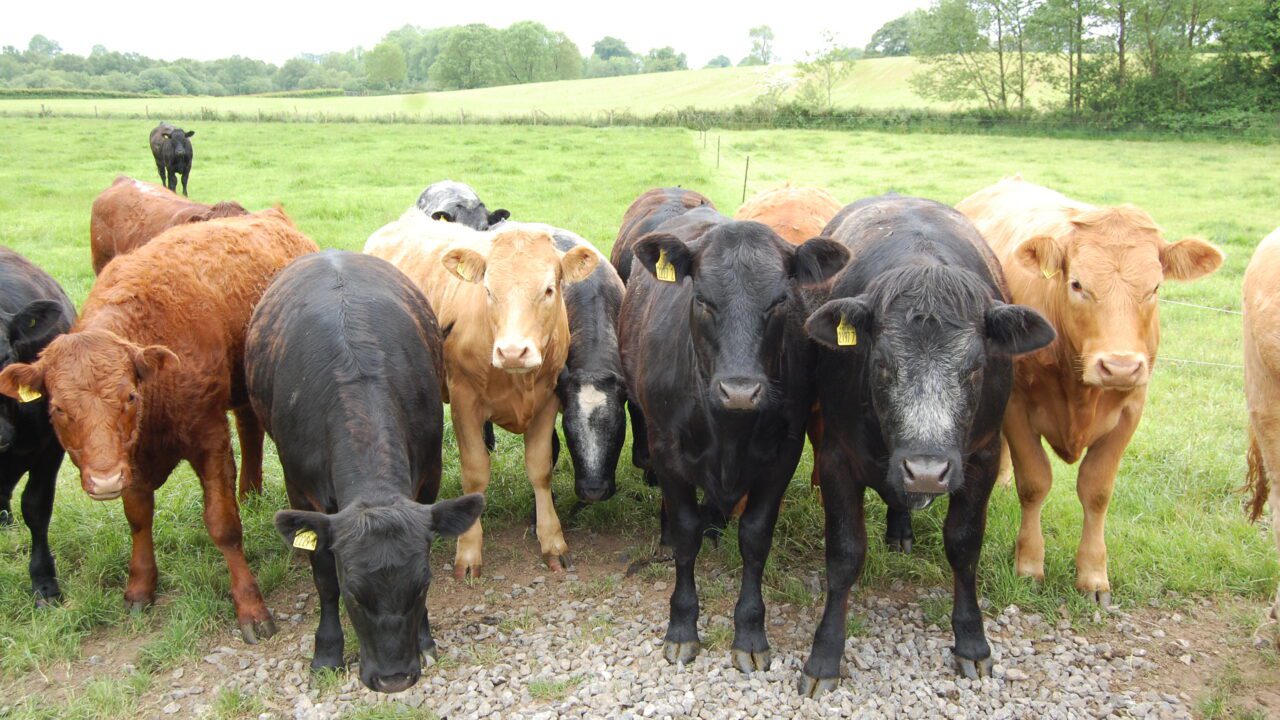The Aberdeenshire farmer behind the herd where BSE was detected yesterday has spoken of his heartbreak following news the disease was confirmed in a cow on his farm.
Local reports suggest the disease was detected in a five-year-old pedigree Angus cow. However, this is yet to be confirmed by officials.
The case has gathered widespread attention as it marks the first time the disease has been confirmed in Scotland in more than a decade. It also means the country will lose its Negligible Risk status for the BSE.
The owner of the animal said he had been running a closed herd and took “great pride” in keeping high standards on the farm.
In a statement made through NFU Scotland, Thomas Jackson said: “This has been a very difficult time for myself and my wife and we have found the situation personally devastating.
We have built up our closed herd over many years and have always taken great pride in doing all the correct things. To find through the surveillance system in place that one of our cows has BSE has been heartbreaking.
“Since this has happened we have been fully cooperating with all the parties involved and will continue to do so as we like everyone want to move forward and clear up this matter.
“The cohorts and offspring of the cow have now been identified and as a purely precautionary measure they will be slaughtered and tested in due course; again we are fully co-operating with all the parties with regards to this.”
Up to four other animals – understood to be relatives of the infected cow – have also been destroyed on a precautionary basis.
The Scottish Government’s chief veterinary officer, Sheila Voas, said the department will take brain stem samples from the animals and check them for the disease too.
The classical BSE case was detected through routine control checks carried out on fallen animals over four years old – of which about 20,000 samples are tested each year in Scotland.
The animal did not enter the food chain, so the public has been assured that there is no risk to human health.

